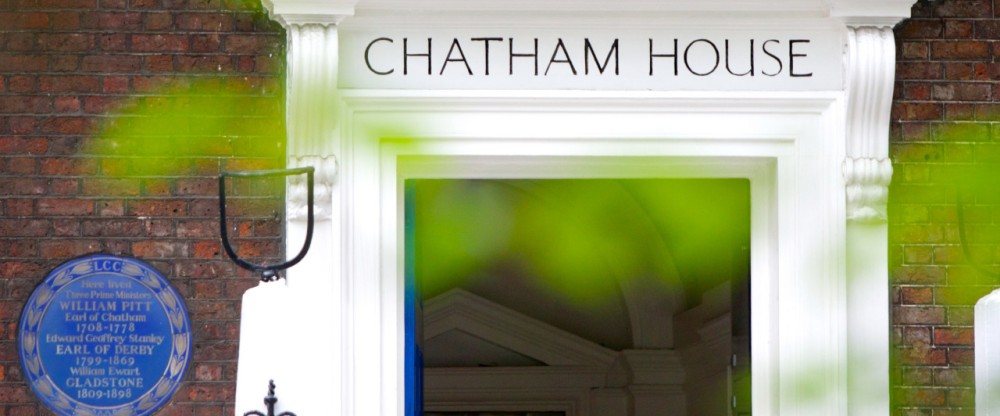
What is Chatham House Rule?
The Chatham House Rule is a protocol that allows people to share information and express their views freely without fear of attribution. It is named after Chatham House, the headquarters of the Royal Institute of International Affairs in London, where it was first used in 1927. The rule has become a widely recognized international standard for private meetings involving sensitive or confidential information.
Why it is helpful.
The Chatham House Rule states that any information shared during a meeting can be used, but the identity of the speaker and their organization must not be revealed, nor should any specific information that could be used to identify them. The rule is intended to promote openness and frank discussion, particularly in the context of sensitive or controversial issues. It allows participants to speak more freely without fear of repercussions, such as damage to their reputation or their organization’s credibility.
Where can it be used?
The rule applies to any type of meeting, including conferences, workshops, seminars, and private discussions. The rule is typically announced at the beginning of a meeting and applies to all participants, including speakers, attendees, and organizers. It is the responsibility of the chair or moderator to enforce the rule and ensure that all participants understand and comply with it.
Honest and Open Dialogue
One of the key benefits of the Chatham House Rule is that it promotes honest and open dialogue. Participants can speak freely and share their views without worrying about the consequences. This can be particularly valuable in situations where there are strong opinions or opposing views on a particular topic. By allowing all perspectives to be aired, the rule can lead to a more nuanced and informed discussion.
Trust
Another benefit of the Chatham House Rule is that it can help build trust among participants. By allowing for open and honest communication, participants are more likely to feel that they are being heard and that their views are valued. This can be particularly important in situations where there may be distrust or tension between different groups or organizations.
Not Always Best Choice
While the Chatham House Rule has many benefits, it is important to note that it is not appropriate for all situations. For example, it may not be appropriate for public meetings or events where transparency and accountability are important. Additionally, the rule does not protect participants from legal consequences, such as defamation or breach of confidentiality.
No Fear of Attribution
The Chatham House Rule is a valuable tool for promoting open and honest communication in private meetings. It allows participants to share information and express their views freely without fear of attribution. By promoting open dialogue and building trust among participants, the rule can lead to more informed and nuanced discussions on sensitive or controversial issues. However, it is important to recognize that the rule is not appropriate for all situations and does not provide legal protection for participants.

